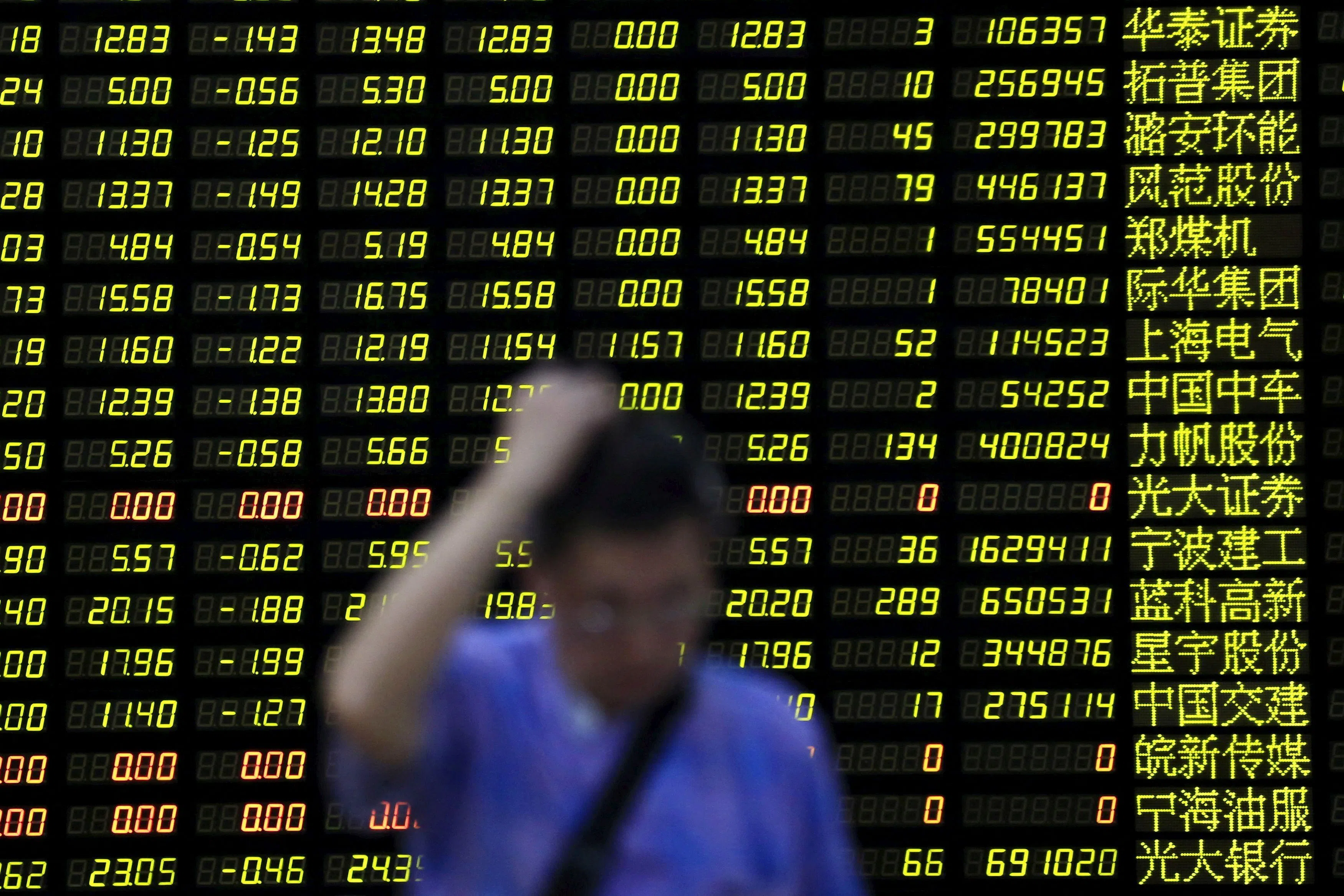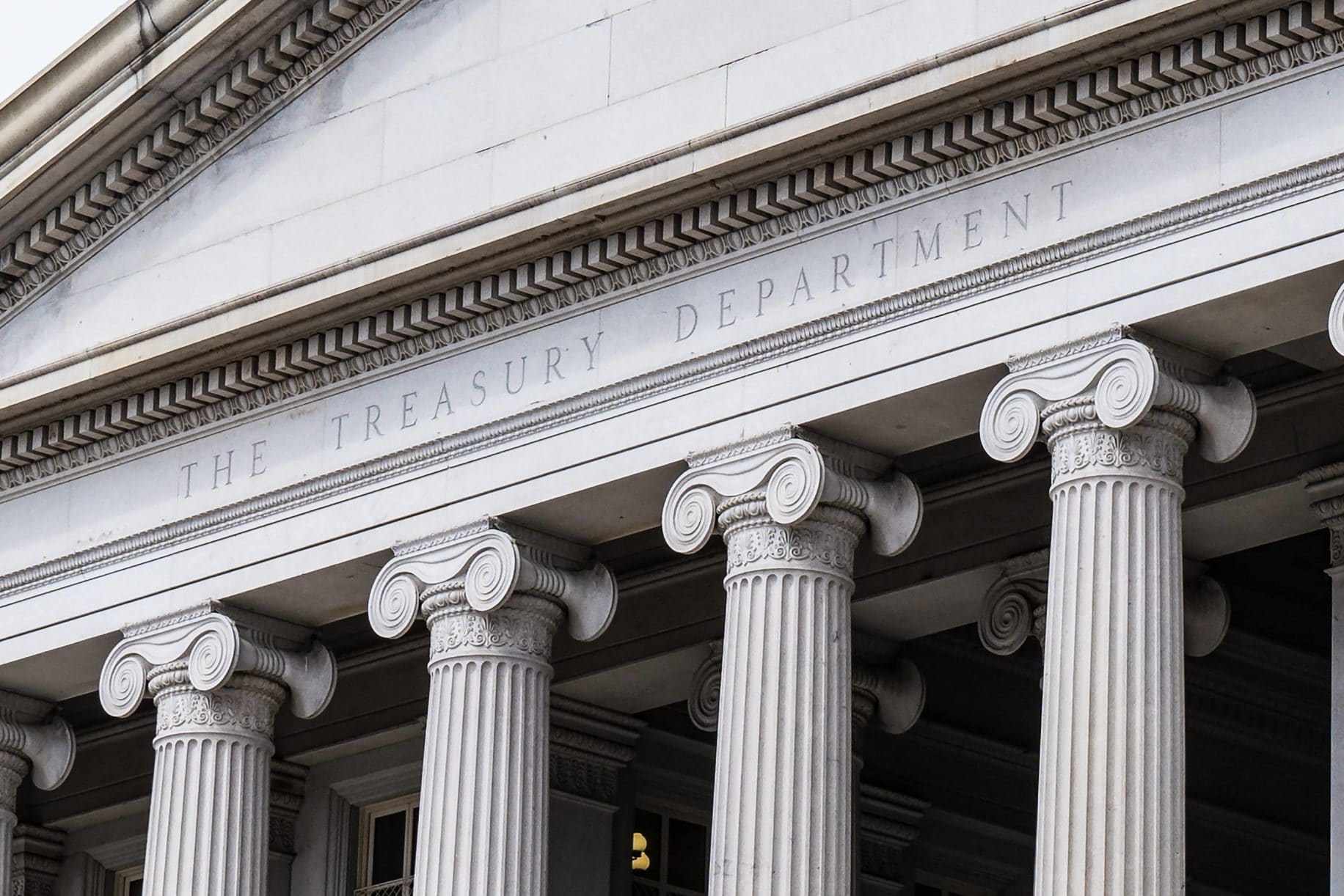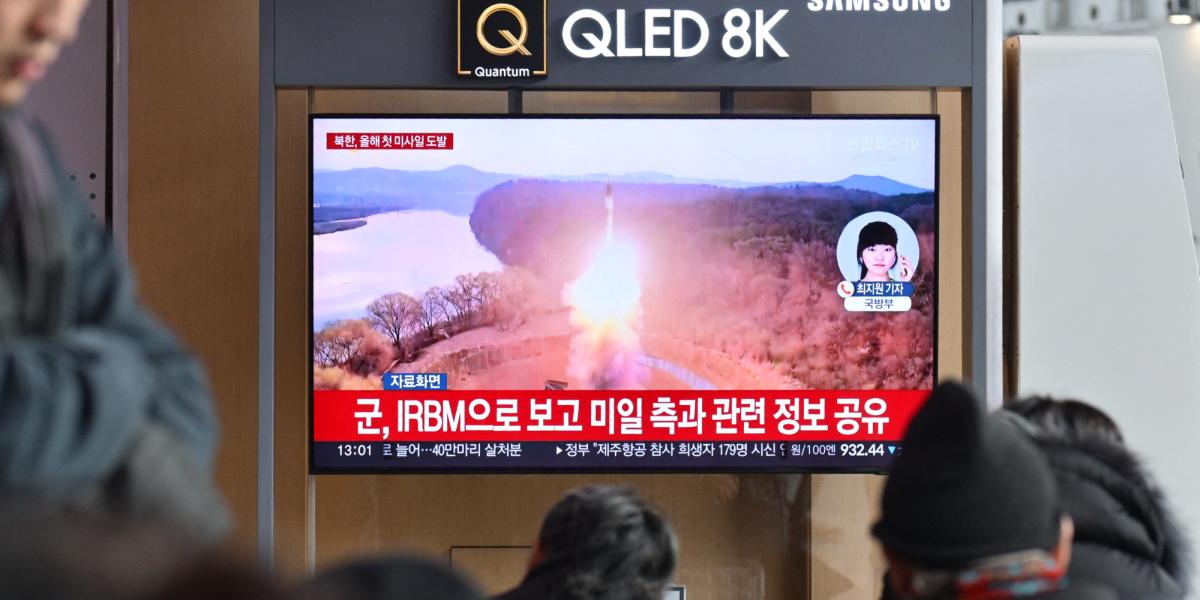Biden's Steel Block: Political and Economic Tremors
Explore the geopolitical and economic dimensions of the U.S. President's decision to halt a $15 billion steel merger. Learn about the reactions from international stakeholders and the implications for U.S. security policies.
Published January 07, 2025 - 00:01am

Image recovered from bostonglobe.com
The recent decision by U.S. President Joe Biden to block the proposed $15 billion merger between U.S. Steel and Japan's Nippon Steel has ignited discussions across both political and economic landscapes. This high-profile intervention is framed as a national security measure, yet it carries implications far beyond immediate economic concerns.
Nippon Steel had committed to investing approximately $2.7 billion in U.S. steel operations, specifically targeting outdated facilities in Gary, Indiana, and Pennsylvania's Mon Valley. The Japanese firm assured stakeholders that no reduction in U.S. production capacity would occur for a decade without government approval. Despite these assurances, the Biden administration halted the transaction, citing national security interests.
The move brings to light the intricate dynamics of international trade and domestic policy. For Biden, a robust, domestically-owned steel sector is considered crucial to national security. This perspective reflects anxieties around foreign control over critical supply chains, spotlighting a broader tension over economic sovereignty in an increasingly globalized world.
This is notably the first instance of a U.S. president blocking a transaction between American and Japanese entities, leading to heightened scrutiny. Observers suggest the decision aligns with broader U.S. strategies, particularly in resisting economic entanglements with nations perceived as potential threats, including China. Nonetheless, the implications for U.S.-Japan relations are significant. Traditionally viewed as a close ally, Japan's commercial stakeholders now face uncertainty regarding the parameters of foreign investments.
Reactions from the involved companies underscore the contention surrounding the decision. Nippon Steel and U.S. Steel have expressed plans to undertake legal action, decrying the blockade as political interference masquerading as national security concerns. The companies argue that the acquisition would bolster, not undermine, U.S. industry strength, also accusing the administration of deviating from established procedures governing foreign investments.
This lawsuit emphasizes the alleged political motivations behind the decision, with firms arguing that the administration's move reflects broader political agendas rather than immediate economic threats. Such contentions illustrate the precarious balance between maintaining national control and embracing international cooperation in industry.
The ramifications of this blockage extend to potential job losses and halted investments within U.S. manufacturing hubs. This adds a domestic dimension to an international issue, affecting workers in pivotal areas like Pennsylvania, crucial in electoral politics as demonstrated in recent campaigns.
Economically, this veto might deter other allied nations from pursuing significant investments in U.S. infrastructure. Japan's economy minister, for instance, has criticized the decision as inexplicable and damaging to bilateral economic relationships. Such critiques suggest a chilling effect on foreign investments, potentially contradicting efforts to enhance domestic industrial competitiveness.
In focusing on transaction aspects, the broader implications for foreign policy and trade are notably significant. The situation illustrates ongoing recalibrations in the global economy, where nationalistic policies frequently clash with the realities of interdependent markets. This balance proves delicate in current geopolitical climates, often placing economic partnerships and established alliances under strain.
The Biden administration remains firm in its stance, prioritizing national security as a paramount concern. Yet, this decision, as part of broader trade policies, may redefine narratives around foreign investments and economic partnerships amidst ongoing political, economic, and technological shifts worldwide.







